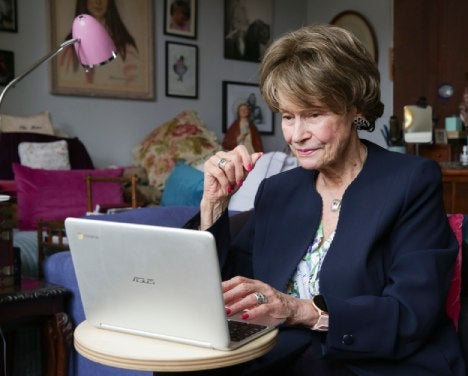Related publications
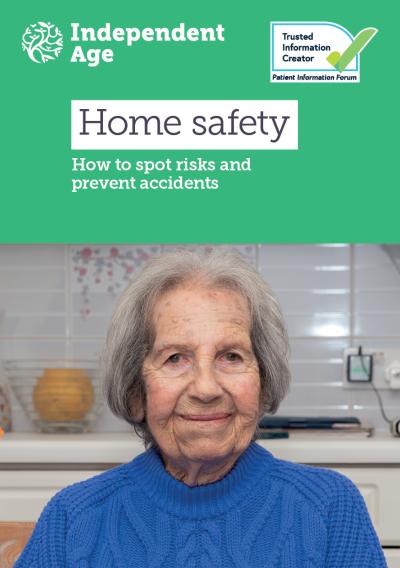
Home safety
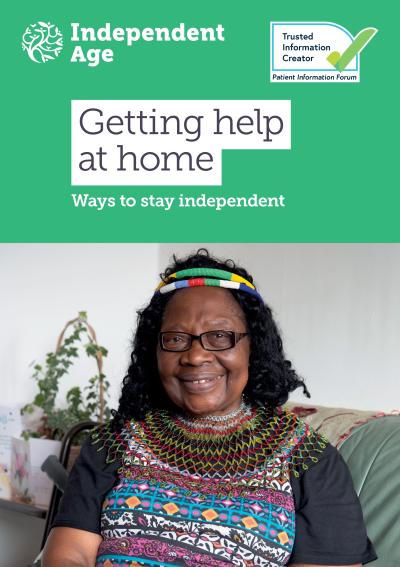
Getting help at home
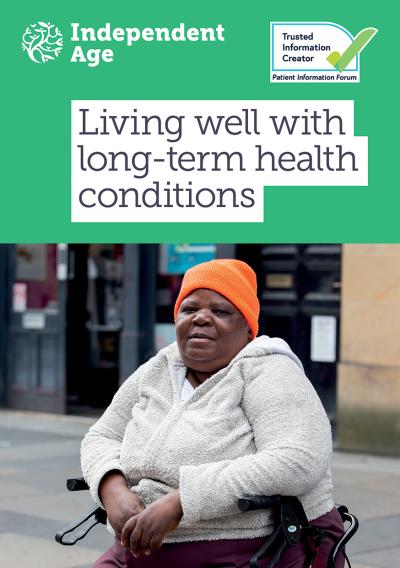
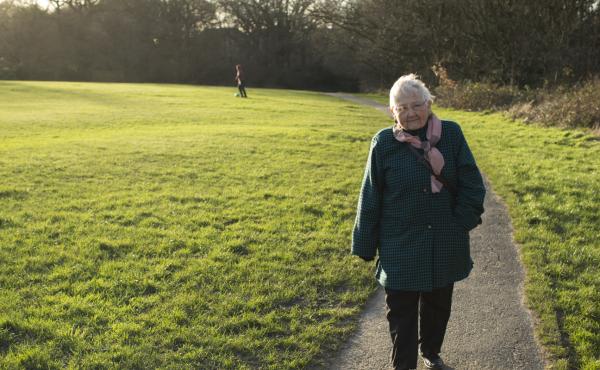
Falls can affect your confidence and lead to loss of independence, but they are not an inevitable part of ageing. There are things you can do to prevent them from happening.
Anyone can have a fall but as we get older our risk of falling increases. This can be for a number of reasons and often it’s a combination of factors, such as:
You can assess your own risk of falling by using the NHS falls risk assessment tool.
Most falls don’t result in serious injury, but they can affect your confidence so it’s good to be prepared.
You can make some changes to your lifestyle that will help you stay steady on your feet.
If you’re physically active, you’re less likely to fall. Exercise can help to keep muscles strong and improve your balance. Try to do some regular light exercise - it’s important to stay active and keep warm.
If you haven’t exercised for a while or have a medical condition, talk to your GP first. They might be able to give you some strength and balance exercises to do at home or recommend a local exercise class. Age UK also has information on local exercise classes, and Versus Arthritis provide a range of exercises for healthy joints.
Some research has shown that the Chinese martial art Tai Chi can improve your balance and reduce the risk of falls. Also, practising techniques for getting up from the floor could be a life-saver if you do fall. Ask your GP or physiotherapist for more information.
For more tips on how to start getting active, see our Winterwise guide.
Make sure you eat a balanced diet to help keep your bones strong, which should include:
Some medications may have side effects that can affect your balance. If you’re on a number of different medications you may be more at risk too. Tell your GP if any of your medication is making you feel dizzy or unwell and ask your GP or pharmacist for a review of your medication every year.
Make sure you have regular hearing and eye tests. You will qualify for free NHS eye tests at least once every two years if you are over 60 or receiving certain benefits. You may also be eligible for a free eye test at home if you can't get to an optician.RNID has an online hearing test and your GP can also arrange a hearing test.
Keep your toenails trimmed and visit a chiropodist if you have any foot problems. Talk to your GP to see if you're able to get free NHS foot care services or find a local registered chiropodist or podiatrist on the NHS website.
Many older people fall when rushing to the toilet. If incontinence is a problem for you, speak to your GP. You can also get information and advice from Bladder & Bowel UK.
Most falls happen in the home or garden but there are preventive measures you can take. Things to think about include:
It’s easy to get used to things and not notice the potential dangers but you may be able to get a home hazard assessment to check for any risks. Ask your GP or local council for information.
Don’t let fear of losing your independence stop you seeking help. There may be some simple aids or home adaptations that could help you avoid falls, for example, grab rails in the bathroom or an extra banister.
You also need to take care when you go out:
It's important to make sure you're not hurt before trying to get up. Here are some simple steps you can follow if you do fall over:
Having a fall could be a sign that something isn’t quite right with your health but often it’s something treatable. Talk to your GP and ask them to refer you to a falls service, for example, a Falls Clinic. They can help find out why you fell and to get help, such as physiotherapy. Falls can have a serious impact on your health so don’t ignore them. There’s a lot of support available.
Get a mobile phone if you don’t already have one and consider installing a community alarm system. This is a pendant or wristband you wear, with a button to call for help if you fall.
You can also get telecare technology that sends an alert to a carer or call centre if you get up from a bed or chair and don’t return in a set time. For more information on telecare, see our factsheet Technology to help you at home.
Find contact details for your local council on gov.uk/find-local-council
Visit the NHS website for more information on falls prevention.
For advice, videos and checklists on falls prevention, visit RoSPA's Web Hub.
See our Home Safety guide for more information.
